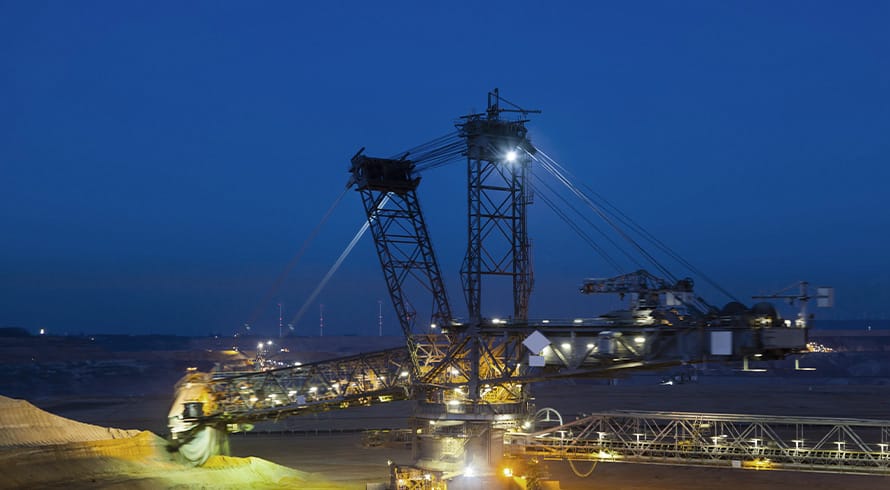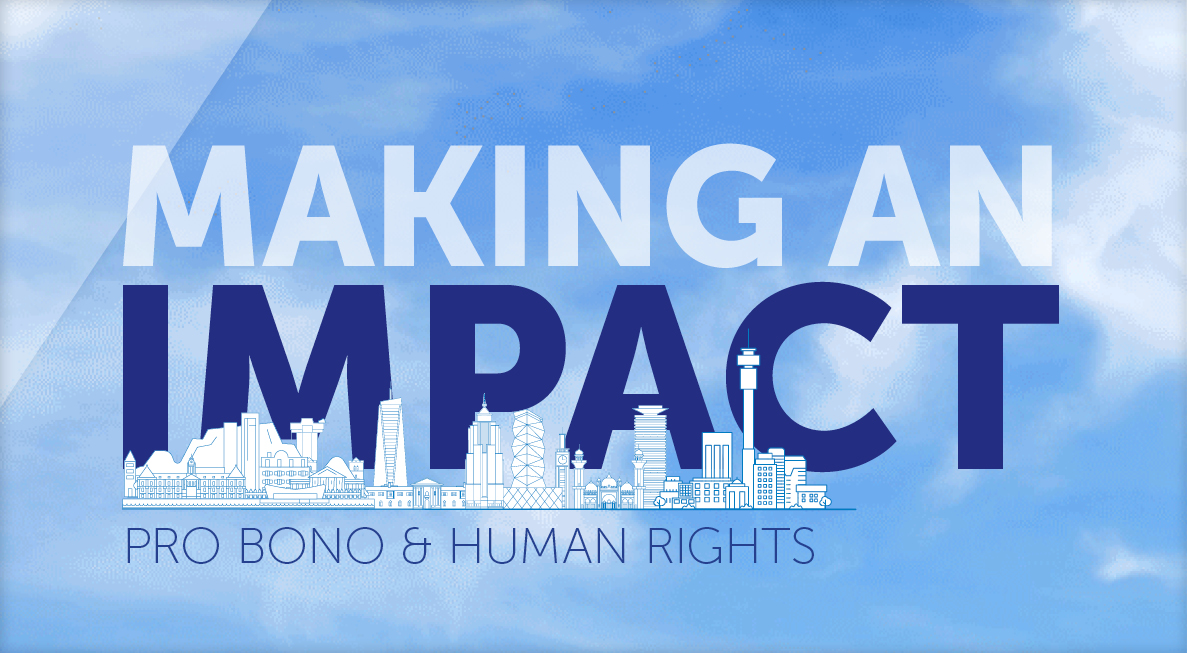Relieving the pressure: The how and the what of the fuel levy reduction
Fortunately for consumers, it was announced that the fuel levy would be reduced temporarily, and, in this regard, National Treasury issued a media statement on 1 April 2022 (media statement) confirming the announcement made by the Minister of Finance and the Minister of Mineral Resources and Energy on 31 March 2022, regarding a temporary reduction in the general fuel levy. The media statement notes that the temporary reduction will be funded by a liquidation of a portion of South Africa’s strategic crude oil reserves. It specifically states that “the general fuel levy for petrol and diesel will be reduced by R1,50 per litre between Wednesday 6 April 2022, and 31 May 2022.”
Understandably, most consumers are concerned about how the fuel levy reduction affects their pockets at the end of the day. However, the process of amending the legislation that makes this temporary reduction possible is equally important, as without this legislation there can be no temporary reduction. We look at the legislation briefly in this article.
2022 Draft Rates and Monetary Amounts and Amendment of Revenue Laws Bill (2022 Draft Rates Bill) and the fuel levy
The media statement notes that the 2022 Draft Rates Bill that was published with the Budget in February this year, includes the tax rate and threshold adjustments that were announced in the 2022 Budget, and includes changes to the personal income tax brackets and rebates, the employment tax incentive and excise duties on alcohol and tobacco, amongst others.
It then explains that the revised version of the 2022 Draft Rates Bill published on 1 April 2022, includes the temporary reduction in the general fuel levy and consequential amendments to the levy on biodiesel, which will temporarily decrease to R1,10 per litre over the two-month period between 6 April 2022 and 31 May 2022. This is alongside similar reductions in the value of diesel refunds for farming, mining and other eligible activities.
Procedure for rates bills
Rates bills, like the 2022 Draft Rates Bill, are passed on an annual basis to give effect to changes announced in tax rates, personal income tax brackets and the fuel levy, amongst other things. The 2022 Draft Rates Bill, which constitutes a money bill in terms of section 77 of the Constitution of the Republic of South Africa, 1996 (Constitution) must be dealt with in terms of the process in section 75 of the Constitution. The process in section 75 requires, in summary, that the bill be passed by the National Assembly, the National Council of Provinces following which it must be submitted to the President for assent.
In recent years, rates bills, and other tax amendment bills (such as the taxation laws amendment bill) published annually, are only passed and come into effect towards the end of the calendar year in which it is published or at the beginning of the following calendar year. This then begs the question – how does the temporary reduction in the general fuel levy come into effect before the 2022 Draft Rates Bill comes into effect?
Retrospective application
The only way to impact an amendment of a tax rate or the fuel levy for a period preceding the legislation being passed by Parliament, is through the principle of retrospectivity. This is also the same principle that applies to effect the temporary reduction in the general fuel levy. Under the Customs and Excise Act 91 of 1964 (C&E Act), it is possible for a duty specified in Part 2, 3, 4, 5A or 5B of Schedule No.1 to the C&E Act to be amended with retrospective effect, (there are also similar provisions in other pieces of tax legislation, but they are not discussed here).
The general fuel levy is stated in Part 5B of Schedule No. 1 to the C&E Act.In the current instance, the revised 2022 Draft Rates Bill ensures that retrospective amendment of the temporary R1,50 reduction in the general fuel levy for petrol takes place, by stating in section 5(5) that from 6 April 2022 to 31 May 2022, the general fuel levy will only be 235 cents per litre, as stated in Schedule II Part IV(a) to the 2022 Draft Rates Bill, thereby amending Part 5B of Schedule No. 1 to the C&E Act. It then states in section 5(6) that from 1 June 2022, the general fuel levy will be 385 cents per litre, as stated in Schedule II Part IV(b)) to the 2022 Draft Rates Bill, thereby amending Part 5B of Schedule No. 1 to the C&E Act.
Comment
In recent years, it has happened that the Minister of Finance announced a change in tax rates, such as dividends tax and capital gains tax, with effect from the day that he gave the budget speech for that year and made the announcement. These announcements were understandably not welcomed as they sprung taxpayers by surprise and resulted in the tax payable in terms of a particular transaction suddenly increasing, through no fault of the taxpayers. These changes were justified by government in terms of the principle of retrospectivity, which was considered in the Pienaar Brothers decision and discussed in our Tax and Exchange Control Alert of 9 June 2017.
Considering that the temporary reduction of the general fuel levy, which affects virtually all consumers, is made possible by the principle of retrospectivity, there is at least one example showing that the power to change tax rates retrospectively is not only a bad thing.
The information and material published on this website is provided for general purposes only and does not constitute legal advice. We make every effort to ensure that the content is updated regularly and to offer the most current and accurate information. Please consult one of our lawyers on any specific legal problem or matter. We accept no responsibility for any loss or damage, whether direct or consequential, which may arise from reliance on the information contained in these pages. Please refer to our full terms and conditions. Copyright © 2026 Cliffe Dekker Hofmeyr. All rights reserved. For permission to reproduce an article or publication, please contact us cliffedekkerhofmeyr@cdhlegal.com.
Subscribe
We support our clients’ strategic and operational needs by offering innovative, integrated and high quality thought leadership. To stay up to date on the latest legal developments that may potentially impact your business, subscribe to our alerts, seminar and webinar invitations.
Subscribe




